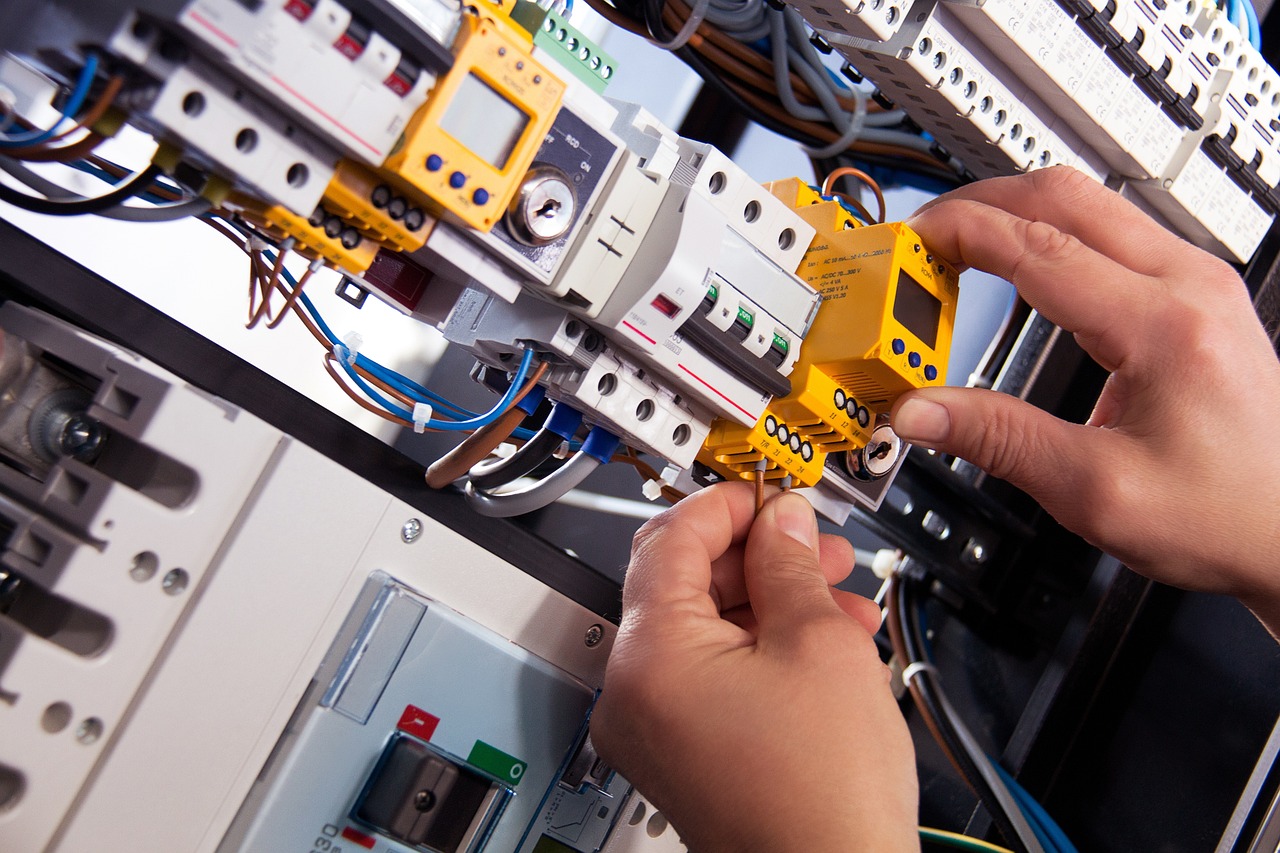
Electrical Services
How to Chose Church Electrical Services
Church electrical services can be a great way to keep your home and church functioning evenly. Many churches use electricity

Church electrical services can be a great way to keep your home and church functioning evenly. Many churches use electricity

Churches, like any other building, need proper maintenance, including regular checkups on their electrical systems. While church electrical services may

Introduction to Domestic Installer Courses Domestic installer courses are designed to provide learners with the skills and knowledge required to

Church electrical services can be a daunting task. There are many things to consider regarding the safety and functionality of